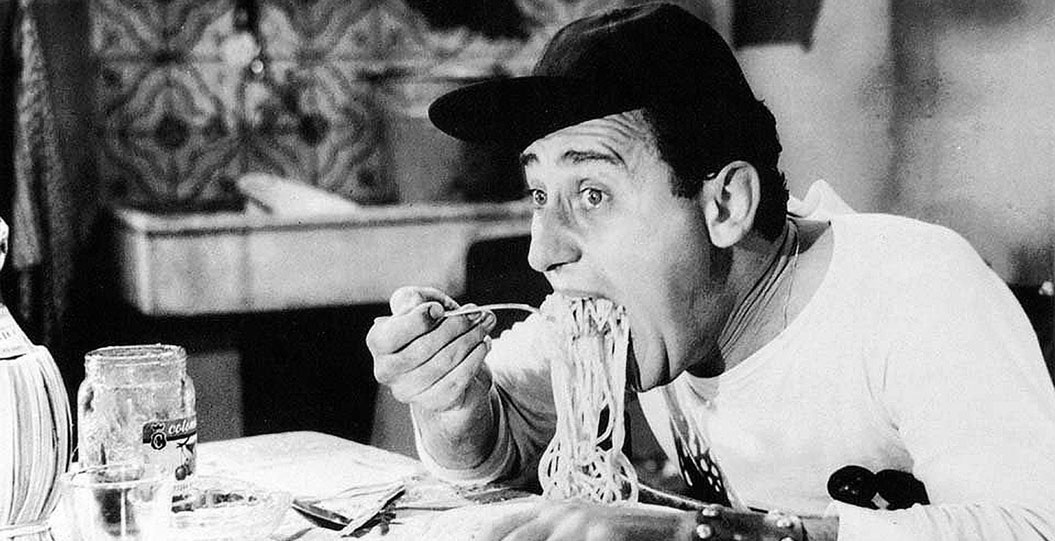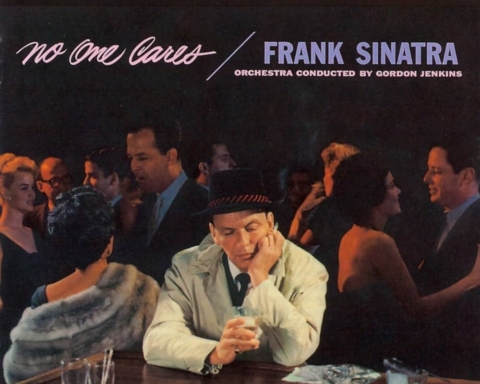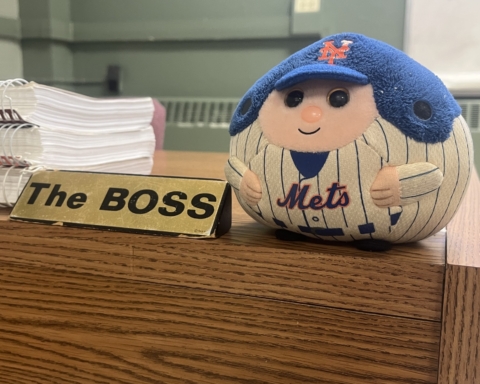In the past week, I’ve done a great deal of soul searching and realized that I don’t know myself anymore. My identity crisis began last week reading the BV while eating a bowl of spaghetti.
In an article about Keg Klash’s use of a Native American headdress as a logo, students and staff argued that the use of the headdress was cultural appropriation that perpetrated racism and bigotry.
Parker Suddeth, coordinator for the Damietta Center for Multicultural Student Affairs, defined cultural appropriation as “the adoption or use of elements of one culture by members of a different culture.”
I sat twirling my spaghetti in a spoon, evaluating my life and how I may have appropriated other people’s cultures. As I brought the fork of pasta to my mouth, a horrifying thought occurred to me; pasta is racist.
According to PBS food writer, Tori Avery, “While we do think of pasta as a culturally Italian food, it is likely the descendent of ancient Asian noodles.”
The spaghetti-enveloped fork fell from my hands and crashed back into the bowl of lies and hatred. From an early age, my identity had been shaped by my Italian heritage. I never thought that it would let me down so brutally.
Pushing aside the bowl, I swore off pasta forever and resolved to expose its culturally appropriated nature for what it truly was. I buried my face in every book I could find on the subject, looking for answers to my questionable cultural background until suddenly, the problem worsened.
The Italian word “pasta,” meaning dough or pastry cake, actually came from the ancient Greek word “passein,” meaning to sprinkle. Not only did my ancestors steal pasta from Asian cultures, but they also stole a Greek word and changed its meaning.
I was determined to expose even the smallest remnant of cultural appropriation in my life. However, this new revelation opened up a can of worms I would have rather kept closed.
Despite English being a Germanic language, “About 80 percent of the entries in any English dictionary are borrowed, mainly from Latin,” according to dictionary.com. “Over 60 percent of all English words have Greek or Latin roots.”
I was plunged into a never-ending game of culture-stealing dominoes. The ancient Greeks based their alphabet off of the Phoenicians. The Phoenicians based their alphabet off ancient Egyptian hieroglyphics. Was pasta Asian or Egyptian? I couldn’t tell.
Thus, for centuries, civilization after civilization adopted and used elements of different cultures and called them their own.
Everywhere I turned, cultural appropriation haunted me. When I looked in the mirror and saw my mustache-less beard style, I was reminded of the Amish who use the style as a sign of their marriage. When I sport my expensive tweed cap, I can see the disappointed faces of Scottish and Irish peasants of the 20th century.
My entire existence had been fortified, brick by brick, with a sturdy wall of bigotry and deception. Was there no end to my privilege? Did the bigoted roots of my ancestral tree run too deep?
Forlorn and defeated, I returned to that bowl of cultural appropriation I had cooked up hours earlier. Taking up that once rejected fork of cold spaghetti, I swallowed my pride, accepted my privilege and continued eating.
gruditj15@bonaventure.edu









